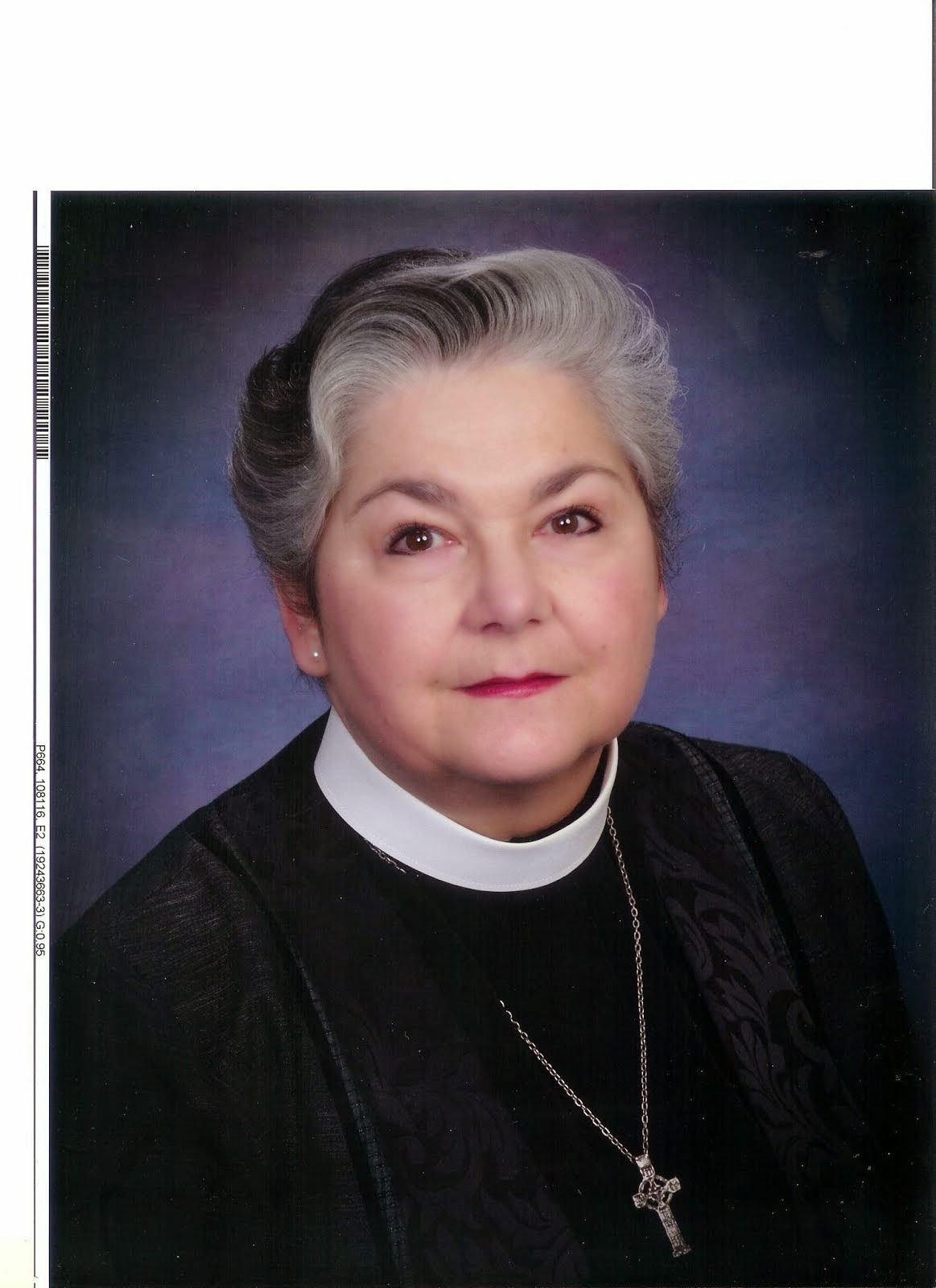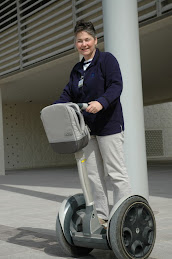As you know,
I’ve just come back from vacation.
It was not
your conventional vacation. Yes, Doug and I went to Ireland, but we didn’t
wander around to the usual places – the Blarney Stone, the Cliffs of Moher, the
Waterford factory, and the Jamieson distillery. No, it was a week spent in
contemplation and conversation with poetry, with God’s beautiful and wild
creation, with music that is as important to the life of the people as food and
water, and with some thoughtful and intelligent people.
Ostensibly,
this was a walking tour of West Clare with the poet David Whyte, but it really
became something of a spiritual retreat. We hiked the Burren, a strange area of
mountains called slieves with cracked and worn limestone marked by holes and
breaks called clinks and grykes – shades of Harry Potter! As we hiked, we would
stop periodically for a break. David would read a poem or offer a reflection on
the place or something having to do with those who were close to the land. We
might eat an apple. We might simply lie back on the grass, trying to recover
from the work of climbing, listening to the rush of the wind and the soft
sounds of the cows mooing on the pastureland below us.
And then we
would gather ourselves, stand up again, and start off on the next part of the path,
perhaps engaging in conversation with another of the group, perhaps remaining
in silence.
Here’s what
happens on a vacation like this: you start to hear things in your own heart –
not just the wild beating after the physical exertion, but some deeper echo of
what is within you.
You hear
God’s voice, that thrumming undercurrent of vitality and joy.
Of course,
you are also aware of the challenge of the walk itself. The Burren, with its uneven
limestone blocks and slabs with space in between filled with earth and tiny
flowers and grasses, is not an easy stroll.
You have to watch step by step to
see where your foot should go next. One wrong move and you could put your foot
into a deep hole and twist your ankle, or worse. In such a walk, the world
reduces down to the two square feet in front of you as you test the ground with
your walking stick before placing your next step.
It is
exhausting.
And then,
after another hour or so, you stop for another break. Despite the cool
temperature and bracing winds, you are sweating. You sit down and wait for your
heart rate to slow down, and your breathing to return to normal…and you listen
again.
You cannot
do this kind of a walk without the rest periods, or else your legs become
unreliable, and that’s when accidents occur.
And it is in
the rest periods that you are able to hear something more, not while you are in
the midst of the step by step negotiation with the terrain. It is in the rest
periods that you are open, in your exhaustion, to what God has to say to you through
the wind caressing you and the earth beneath you and the caw of the jackdaw
overhead. Your resistance to hearing God is broken by the physical stress – you
do not fight it, or interpret it, or question it. You simply receive it,
because that is all that you are capable of in the moment.
And in the
gift received, that subtle and sweet message from God, you find the strength to
do the next part of the walk.
This is
nothing new. Mark’s gospel reminds us how the disciples needed reminding form
Jesus that, in the midst of the work, it was necessary for them to stop a bit,
go somewhere and rest, be open to God’s healing and restorative love. Having
had that moment, however brief it was, it was possible for them to continue on
their journey of teaching and healing. The crowd still needed them, but they
could not serve the crowd unless they had a respite, and Jesus recognized it
and named it for them.
It’s a
natural inclination for us to keep on working even when we are tired, because
there is still work to be done. It’s an inclination that is encouraged in our
society – “hang in there” seems to be the motto of the age, doesn’t it? But
what can we say about those who keep on going past the point when they need a
break? Often they do not do very good work under those circumstances, because
their senses are dulled by exhaustion. Just as folks who keep on hiking without
a rest period risk a serious fall because their legs are shot, so too people
who work without a time of rest and recovery risk making a serious mistake
because their brains or hands or hearts are tired. Current standards for
maximum hours for medical residencies allow doctors to work an average of 80
hours a week, and that’s a reduction from the past. The likelihood of medical
errors increases exponentially with fatigue. Would you really want the surgical
resident who has been on duty for 16 hours straight to do a procedure on you? I
think not.
It is
equally seductive to believe that we are the only one who can do a particular
task, so of course we need to push ourselves beyond reasonability in doing that
task. And that takes us into the realm
of the ego – the belief that no one else can do it. When we state it that way,
it sounds a little bit arrogant, doesn’t it?
Unless you are a nursing mother, I suspect that the task can wait, or
another person can do it. Take a break. If Jesus Christ could tell his
disciples to take a break – and Jesus regularly took prayer and rest breaks
himself, and he was God – you can take a break.
Because, as
we discovered hiking up on the Burren, it is not only physical restoration that
happens when you stop putting one foot in front of the other, it is a
restoration of the soul. In that silence, in that moment of catching one’s
breath, is the space for the murmur of the Divine.
For me, the
moments of stopping were disarming, because I was suddenly aware of something
that had been bubbling around in my soul that needed attention – the Spirit was
moving in my heart and soul. I never would have heard it without the break from
the hike, the putting of one foot in front of the other.
And now, the
good news: you don’t need to get on an airplane to Ireland to find that
restoration of body and soul. You don’t need to hike over a mountain. You don’t
need to walk at all.
You simply
have to do what Jesus told the disciples: come away to a deserted place by
yourself and rest a while. No television. No computer. No radio. No book, even.
Be by yourself. Sit still. Feel the breeze of God’s spirit like a silken caress
on your heart, and be restored.
The work
will wait another day.
Amen.







